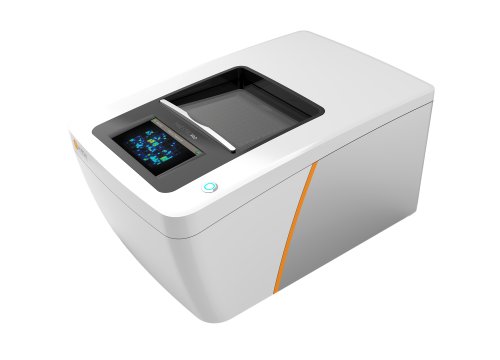Avansini SH, Puppo F, Adams JW, Vieira AS, Coan AC, Rogerio F, Torres FR, Araújo PAOR, Martin M, Montenegro MA, Yasuda CL, Tedeschi H, Ghizoni E, França AFEC, Alvim MKM, Athié MC, Rocha CS, Almeida VS, Dias EV, Delay L, Molina E, Yaksh TL, Cendes F, Lopes Cendes I, and Muotri AR.
Brain, 2021.
Scientists generate patient-derived cortical organoids that recapitulate focal cortical dysplasia (FCD) phenotypes in vitro, enabling new insights into neurodevelopment.
Focal cortical dysplasia (FCD) is a congenital brain disorder characterized by abnormal neural development and organization, resulting in focal seizures in children and adults that are often resistant to treatment. Although new therapies for FCD are urgently needed, scientists have historically been limited in their ability to study the disorder in vitro due to a lack of reliable models able to recapitulate the emergence of the FCD during neurodevelopment. In this study, researchers used a patient-derived cortical organoid model from induced pluripotent stem cells (iPSCs) to demonstrate FCD hallmarks in the organoids. They suggest alterations in junction protein expression may interfere with glial development and impair maturation of progenitors, leading to abnormal neural networks.
To examine network activity in the functional neural organoids, the researchers used Axion’s multielectrode array (MEA) platform. Findings from the in vitro MEA assays demonstrated that the FCD cortical organoids exhibited the abnormal neuronal excitability and enhanced network connectivity associated with FCD disease phenotypes in humans. Taken together with other results, these findings demonstrate that cortical organoids are a suitable platform for modeling FCD and enable new insights into early brain development. Researchers suggest that neural organoids may also enable scientists to expand their search for novel therapeutics to treat people living with FCD.


